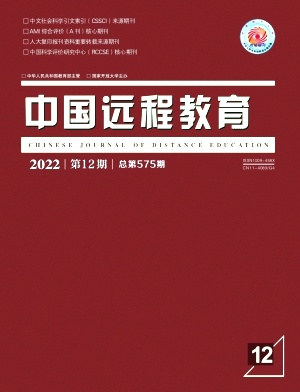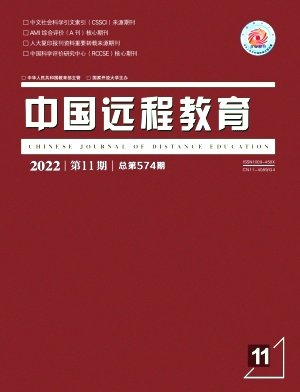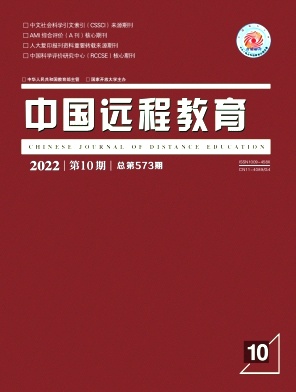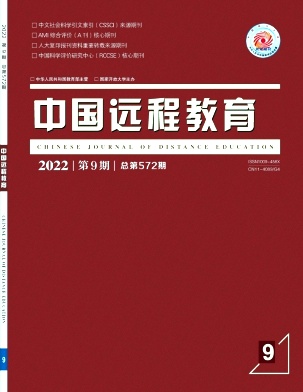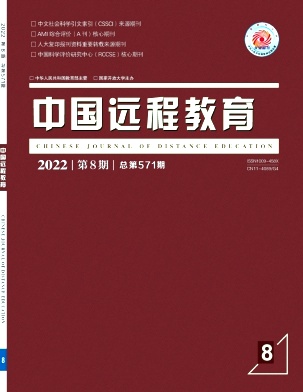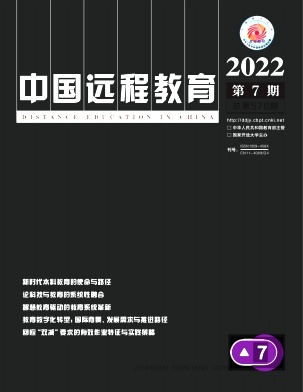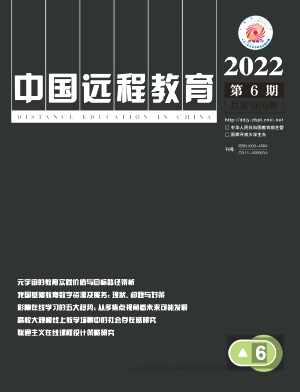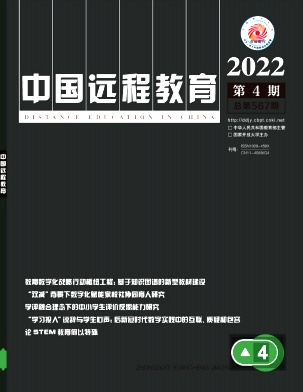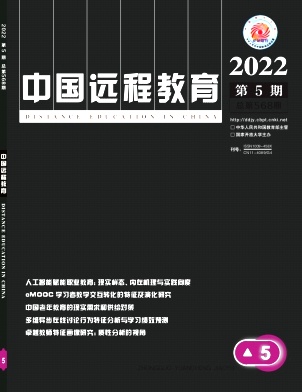
Contents
• AI-empowered vocational education: current state, internal mechanism and practice dimensions
• Skill formation and the transformation and development of vocational education in the intelligent age
• Transformation in cMOOC learner interactions: features and evolution
• Third-age education in China: measures to overcome supply shortages
• MOOC development in Europe: trends and implications
• Reviewing the micro-credential literature: more than just another passing educational fad?
• Multi-dimensional behavior characteristics analysis and academic performance prediction in asynchronous online discussion
• Profiling characteristics of an excellent teacher: towards a qualitative analysis
• Abstracts
• Contents
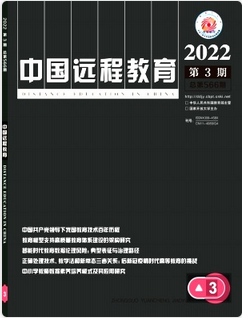
Contents
• One hundred years of educational technology development in China under the leadership of the Communist Party of China
• Towards a high-quality education system supported by educational modeling
• Ethical risks of educational data in the intelligent era: typical features and governance paths
• Balancing technology, pedagogy and the new normal: post-pandemic challenges for higher education
• Constructing a collaborative learning model from the perspective of learning space integration
• Towards a data literacy cultivation model for primary and middle school teachers
• Factors influencing online course users’sticky behaviors
• Designing and applying fraction game from the perspective of learning sciences
• Abstracts
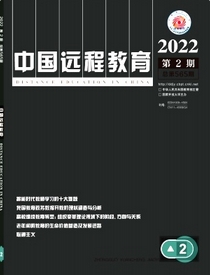
Contents
• Ten issues of concern for teacher learning in the age of intelligence
• Pathways and strategies for deeper learning evaluation: a multi-modal data analysis
• An investigation of educational data accessible from open government data platforms in China
• Continuing higher education transition: phase, direction and relationship from the perspective of organizational change theory
• Leisure education for the elderly: its life-enhancing value and development pathways
• Connectivism
• Factors influencing knowledge contribution performance of online learners in social Q&A community
• Towards a framework for computational thinking evaluation based on literature review
• Abstracts
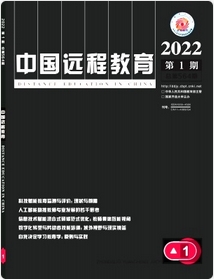
Contents
• Technology-enabled monitoring and evaluation of education: state of the art and prospects
• Reflections on AI-assisted teacher professional development
• Optimizing IT-enabled blended paradigm of professional development through the lens of teacher collective efficacy
• Digital transformation and workforce skill training: lessons learnt from outside China
• On the starting point and developmental stages of ICT in education in China
• Open Universities Australia: overview and implications
• Designing scaffolding questions to promote connection: exploring the relationship between scaffolding question types and interactivity
• So, you want to do heutagogy: principles and practice
• A meta-analysis of empirical studies on the equivalence between online examination and traditional examination from 2000 to 2020
• Exploring university students' online knowledge construction behavioral patterns and sequential model
• Abstracts
